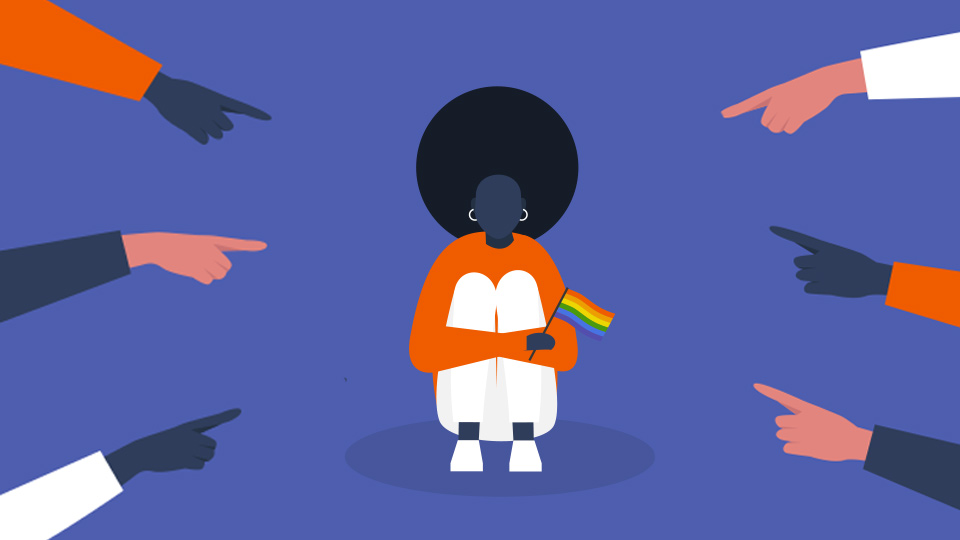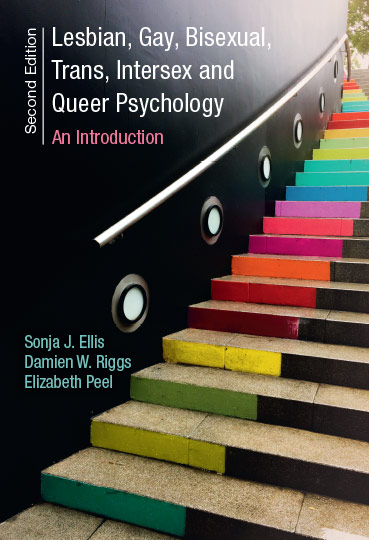They held the view that homosexuality constitutes as a ‘mental disorder’ and sex determines gender.
While there are notable exceptions, early psychologists played a role in constructing and enforcing negative stereotypes about LGBTIQ (lesbian, gay, bisexual, transgender, intersex and queer) people in society – some of which continue to this day.
Fast-forward to 2020 and the psychology landscape is much different.
Researchers of all sexualities and genders are identifying as ‘LGBTIQ psychologists’ and are working hard to eradicate the damage caused by their predecessors working in the field.
They are challenging the idea that there is a singular LGBTIQ narrative and advocating for representations that recognise and celebrate diversity, and ensure LGBTIQ people have equitable access to wellbeing.
But how has this dramatic change in thinking come about? And what other steps need to be taken to ensure a truly inclusive representation of LGBTIQ people in psychology?
Professor Elizabeth Peel, of the School of Social Sciences and Humanities, believes the second edition of ‘Lesbian, Gay, Bisexual, Trans, Intersex and Queer Psychology: An Introduction’ provides some answers.

There has been a dramatic change in the representation of LGBTIQ people in psychology - but why? Image courtesy of Getty Images.
The award-winning textbook, which she co-authored with Dr Sonja Ellis, of The University of Waikato, and Professor Damien Riggs, of Flinders University of South Australia, examines key topical areas, from history and context, identities and fluidity, families and relationships, to health and wellbeing.
The second edition has been extensively revised to address substantial developments and emerging areas, such as people born with intersex variations, transgender and non-binary genders, intersectionality, and gender-diverse children.
Of the latest textbook, Professor Peel said: “It is certainly the case that the discipline has changed immeasurably with respect to so-called sexuality and gender minorities over the last 50 years. But progressive change cannot be taken-for-granted.
“I’m delighted that the 2020 edition of our accessible textbook has already sold over 230 copies despite the sub-field not yet being a required part of the Psychology undergraduate curriculum.
“LGBT History Month is a time to reflect on the present and the future, as well as the past.
“In the current climate, concerted effort to analyse and address heterosexism and cisgenderism (and all the other isms!) remains important in many disciplines. This book makes a small contribution to that effort.”
For more information on the second edition of Lesbian, Gay, Bisexual, Trans, Intersex and Queer Psychology: An Introduction, click here.

